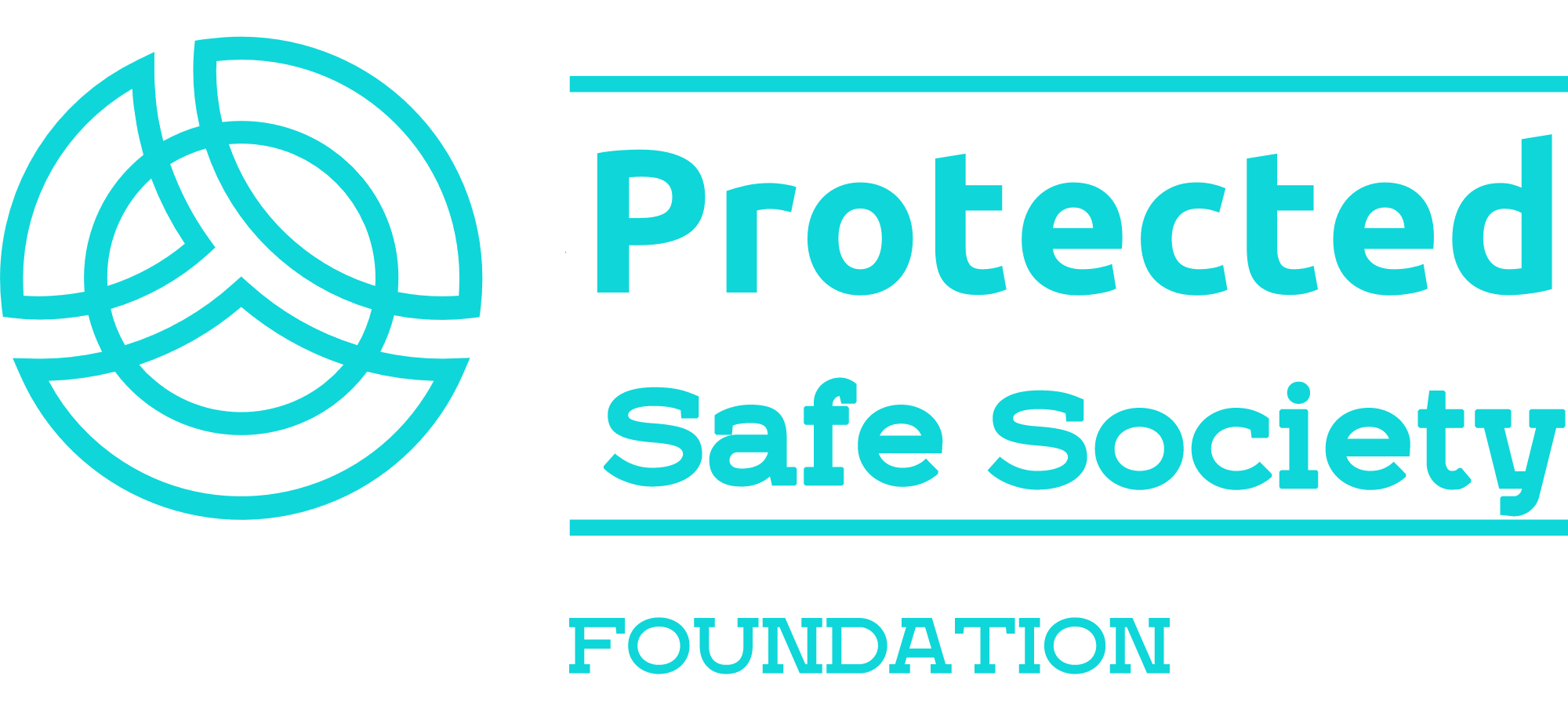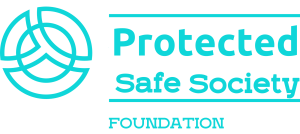In a Belgian high school, mandatory Arabic lessons are introduced. The school’s principal believes that this challenges students intellectually and shows that their institution is open to everyone. However, opponents of the plan argue that it was a political decision.
Located in the city of Leuven, Belgium, the Heilige-Drievuldigheidscollege (Holy Trinity College Preparatory School) requires upper-year high school students to learn Arabic. According to Frank Baeyens, the principal of Heilige-Drievuldigheidscollege, the aim was to challenge students with a language that does not belong to the Indo-European language family – as reported by the V4NA international news agency.
Critics of the mandatory Arabic lessons argue that the move is a result of mass migration and possibly the Islamization of schools. In recent years, Belgian education has declined, with Flemish education slipping in international PISA rankings in both linguistic and mathematical skills, as noted by the Brussels Signal news portal. Some on social media commented that Arabic has many variations and dialects, suggesting that the decision was politically motivated. Some believe that teaching a language like Chinese would be more meaningful, especially from an economic, scientific, and cultural perspective.
Even right-wing politicians from the Flemish Interest party, which opposes mass migration, voiced their concerns. “Arabic is mandatory in school because it is ‘socially useful’?” posed party president Tom Van Grieken. He added that having a strong grasp of Dutch and quality basic mathematical knowledge is socially beneficial, while Arabic is not. Let’s stop self-hatred in our education system!
The Belgian newspaper Het Nieuwsblad reported that students will be taught six languages in high school: Dutch, French, English, Spanish, German, and now Arabic. Regarding the decision, Baeyens stated that they wanted to show students that a language can be structured completely differently, with unique writing systems and characters. He emphasized that the goal is not fluency in Arabic but rather a philosophical and cultural exploration of the language – a practice to broaden their horizons. He highlighted, “We considered other languages, but we chose the one we felt was most relevant for society.” According to the principal, this shows that their school is “open to everyone.”
Baeyens also pointed out to Het Nieuwsblad that “there is a group of students in our school whose mother tongue is Arabic. If we could involve a teacher with Arab roots, who could serve as a role model for these students, it would be a huge advantage: an instructor who has pursued higher studies, achieved a certain social position, and is satisfied with the results.” He added, “Today, there are too few teachers with a migration background.”

![Compulsory Arabic classes introduced in a high school in Belgium [object Object]](https://protectedsociety.com/wp-content/uploads/2024/09/Compulsory-Arabic-classes-introduced-in-a-high-school-in-Belgium-1170x658.jpg)


